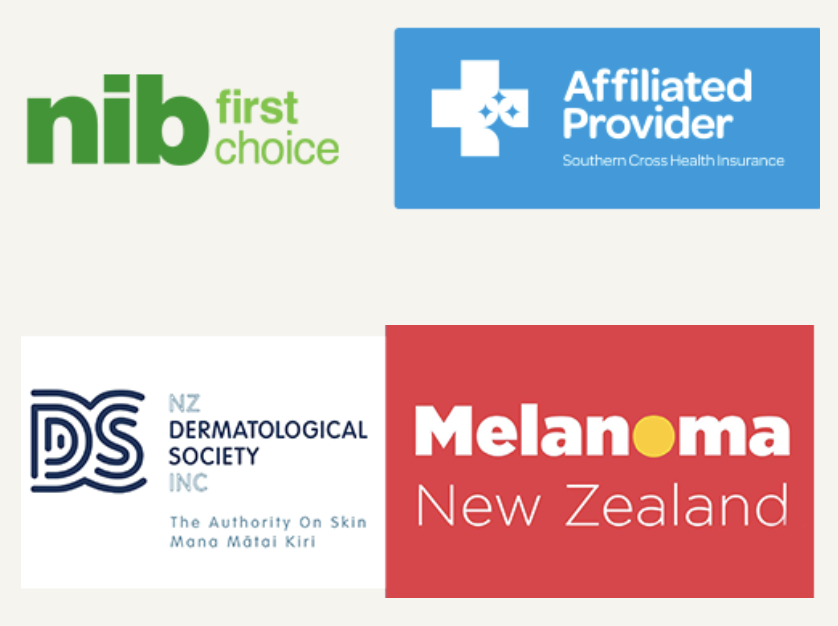- Home
- Skin Cancer
- Malignant Melanoma
MALIGNANT MELANOMA
Without treatment, melanomas can spread quickly to other parts of the body. New Zealand has the highest incidence of melanoma and it remains the deadliest skin cancer worldwide.

“Melanoma spreads more rapidly throughout the body than other skin cancers. It is vital that melanoma is caught early for the best chance of cure.”
Dr Juber Hafiji
What does melanoma look like?
Melanomas most commonly arise from a new or changing mole on the skin. Rarely, they can occur on the palms of the hands, soles of the feet, or underneath the nails. Things to look out for are moles that change in size, shape or colour, or start itching or bleeding.



Malignant melanoma FAQs
Why does melanoma need to be treated?
The earlier it is detected and treated, the higher the chance of cure. If untreated, melanomas can spread to other parts of the body and may be incurable.
What are the treatment options for melanoma?
Surgery is the most effective treatment to maximise the chance of cure. The extent of the surgery will depend on the stage of the melanoma. New immunotherapy treatments are available for melanomas that have spread.
Why Dermatology Hawke’s Bay?
UK-trained specialist dermatologist and dermatologic surgeon, Dr Juber Hafiji, and his team offer a complete range of skin cancer treatments – medical, surgical and the ‘gold-standard’ Mohs micrographic surgery. Dr Hafiji’s 20 years’ experience combined with his knowledge of the latest research, means you can be assured that you are in good hands. Our mission is simple – to bring your skin back to its best health.
Bringing the ‘gold standard’ of skin cancer treatment to Hawke’s Bay
Hawke’s Bay Dermatology is the region’s only provider of world-leading Mohs Micrographic Surgery, ensuring complete removal of a cancer with minimal tissue removal and scarring.

